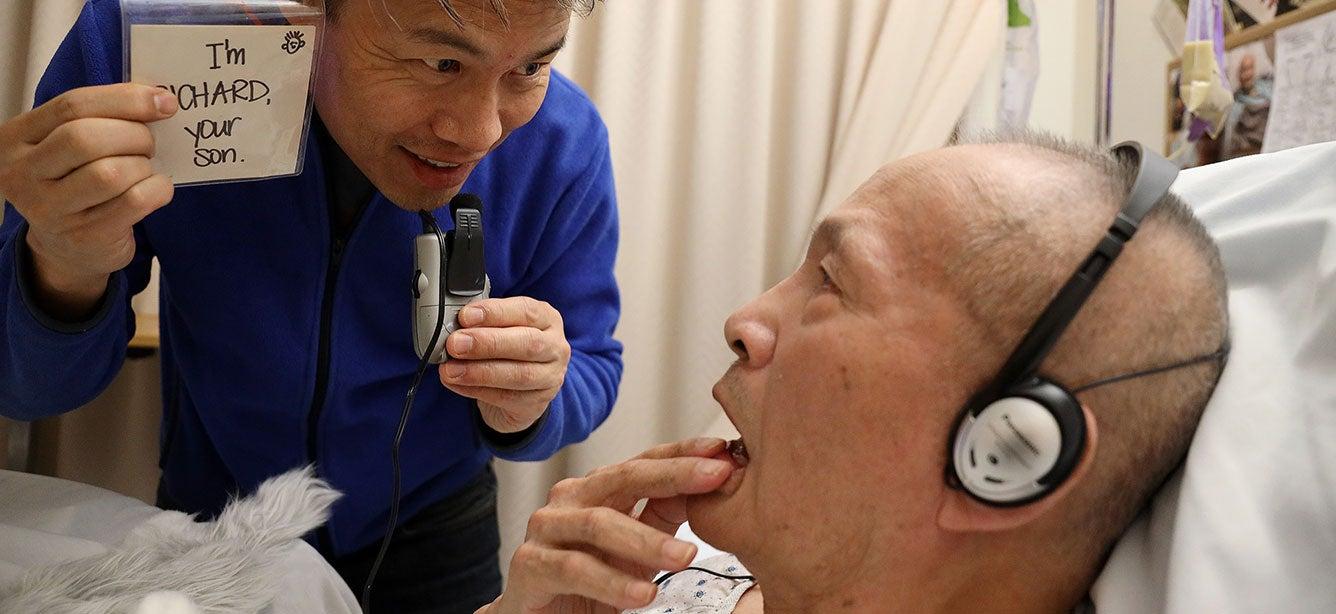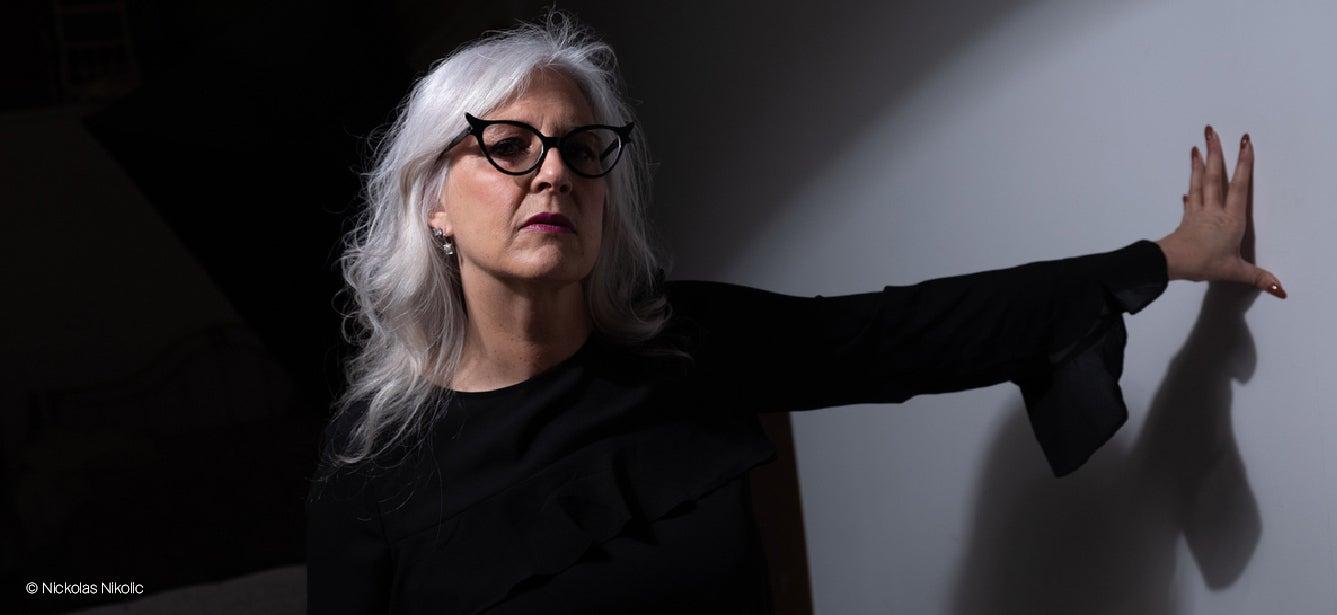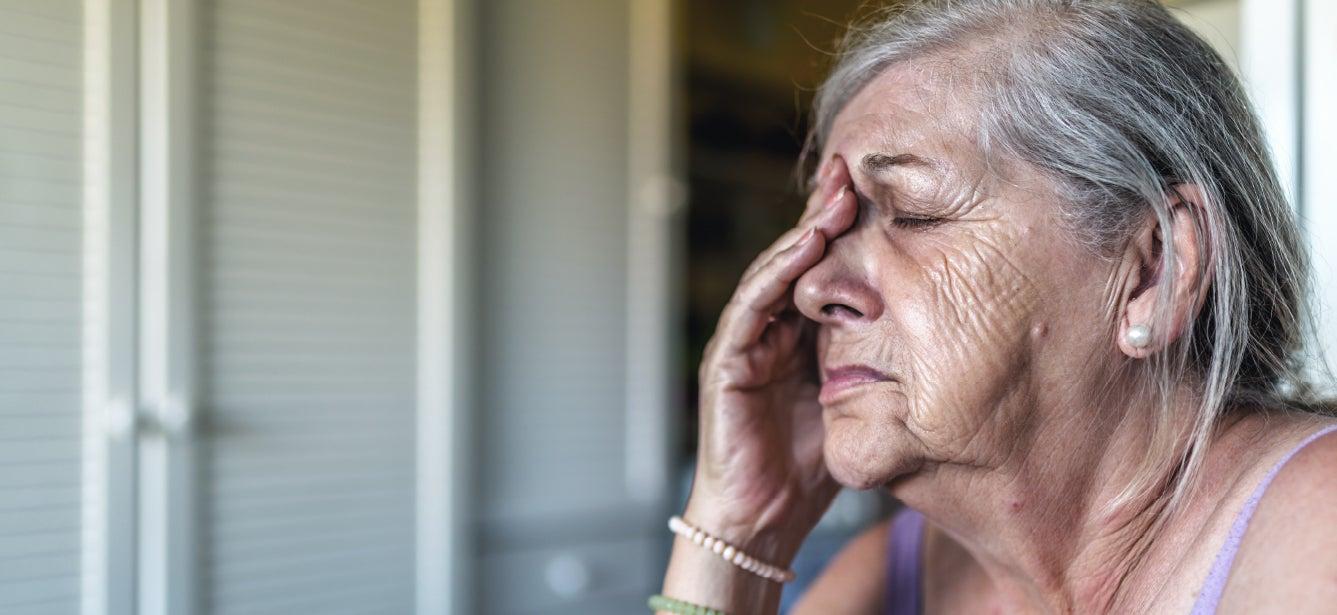Easing Older Adult Depression: How One Program is Showing Promise
7 min read

A streamlined version of a highly effective treatment for depression is showing promise among older adults in senior centers
What is “Do More Feel Better”?
“Do More Feel Better” (DMFB) is a program based on an evidence-based behavioral intervention for depression called “Behavioral Activation” (BA). DMFB and BA both involve encouraging an individual with depressive symptoms to become more active doing activities they value and enjoy.
BA has over 50 years’ worth of research evidence documenting that it is a highly effective treatment for depression for people from many different backgrounds. DMFB is a streamlined version of BA that is delivered by trained and supervised older adult volunteers.
Do More Feel Better:
- Is delivered via senior centers and other community-based aging service organizations (CBOs) to improve access to mental health care.
- Involves nine 30-45 minute weekly visits that can be done in person or remotely. During each visit, the coach follows a structured protocol, provides psychoeducation, and teaches activity planning skills to boost older adults’ mood and energy and address patterns of avoidance, withdrawal and inactivity that can come with depression.
- Has licensed mental health or social work professionals train volunteer coaches (selected for their interest as well as strong interpersonal and organizational skills). Training consists of four 2-hour training workshops over 2-4 weeks that involve didactics, demonstrations, and role plays. Trainers then provide weekly group supervision for a small number of coaches.
How is DMFB being implemented and evaluated?
Patrick Raue and colleagues at the University of Washington led a large pilot study of DMFB in four Seattle-area senior centers, funded by the National Institute of Mental Health (NIMH). They trained 21 DMFB coaches to deliver DMFB and four MSWs to deliver BA. They then randomly assigned 56 clients with clinically significant depressive symptoms (Patient Health Questionnaire [PHQ-9] scores >10) to receive DMFB [42 clients] or BA [14 clients]). Of the 21 coaches who began training, 17 were certified (three dropped out, one did not learn the intervention well enough to continue).
Comparing across clients in DMFB and BA, both groups were highly satisfied with the intervention, and both groups improved similarly in their activity levels and depressive symptoms.
A larger definitive study is now underway at the University of Washington, Weill Cornell Medical College (New York City), and University of South Florida (Tampa Bay region), also funded by NIMH. Across the three sites, 288 English-speaking and 96 Spanish-speaking older adults with depressive symptoms are being enrolled, with half randomized to receive DMFB and half randomized to receive BA.
To date, 24 DMFB coaches and 24 BA clinicians have been trained successfully, and 143 English-speaking clients have been enrolled. Training for Spanish-speaking coaches and clinicians has just begun. Almost all research and program activities have been conducted virtually due to the COVID-19 pandemic, either via video-conferencing or telephone. The study is being conducted in close collaboration with eight senior centers per site, who have made physical space available for center participants who prefer to meet in-person in order to assist with study recruitment of coaches, clinicians, and clients.
What is the personal impact of DMFB?
Clients, coaches, and clinicians are reporting positive experiences to date. The coaches have been able to learn DMFB and deliver it with fidelity, based on meeting audiotape ratings by external experts. They report enjoying learning and being able to help others with depression.
Many clients have reported reduced severity of their depressive symptoms. They have also reported becoming more active, such as spending more time with family and friends, participating in their local senior center, gardening, helping others, and engaging in leisure activities they enjoy.
Of particular note: Clients have been able to become more active despite challenges that many older adults typically face, such as chronic pain, difficulty getting around, being socially or physically isolated, or experiencing grief over loss of loved ones.
Their successes in these areas are likely due to the program’s focus on helping clients choose their own activities, based both on what is most important, enjoyable, and feasible for them. Read the Hillsborough County Senior Center Spotlight for a DMFB story from one senior center’s leadership, volunteer coach, and client.
What’s next for Do More Feel Better?
While we complete the current study over the next 2.5 years, we are preparing for larger-scale dissemination, pending final results being consistent with the pilot study and the team’s observations thus far.
For example, we have begun developing an implementation manual that includes resources for senior centers and other aging service settings, such as guidance and tools to:
- Prepare for DMFB
- Select, train, and supervise DMFB coaches
- Recruit clients and monitor their progress
- Conduct program evaluation
The study team has assembled a Dissemination Advisory Council of national experts, including representatives from NCOA and USAging, to provide input on these resources and efforts. A small number of aging service organizations outside the research study are currently piloting DMFB and conducting their own program evaluation, with consultation from our team. Interested senior center or aging service personnel are welcome to contact us at dmfb@uw.edu for more information now and in the future.
Additional resources
Raue PJ, et al. "Do More, Feel Better": Pilot RCT of Lay-Delivered Behavioral Activation for Depressed Senior Center Clients. Behavior Therapy. May 2022. Found on the internet at https://www.ncbi.nlm.nih.gov/pmc/articles/PMC9046684/.
Raue PJ, et al. Acceptability of a Lay-Delivered Intervention for Depression in Senior Centers. Aging & Mental Health. March 2021. Found on the internet at https://www.ncbi.nlm.nih.gov/pmc/articles/PMC7269871/.
Raue PJ, et al. Lay-Delivered Behavioral Activation for Depressed Senior Center Clients: Pilot RCT. International Journal of Geriatric Psychiatry. November 2019. Found on the internet at https://www.ncbi.nlm.nih.gov/pmc/articles/PMC6803033/
Raue PJ, et al. Protocol for a collaborative randomised effectiveness trial of lay-delivered versus clinician-delivered behavioural activation in senior centres. BMJ Open. August 2022. Found on the internet at https://www.ncbi.nlm.nih.gov/pmc/articles/PMC9403148/




